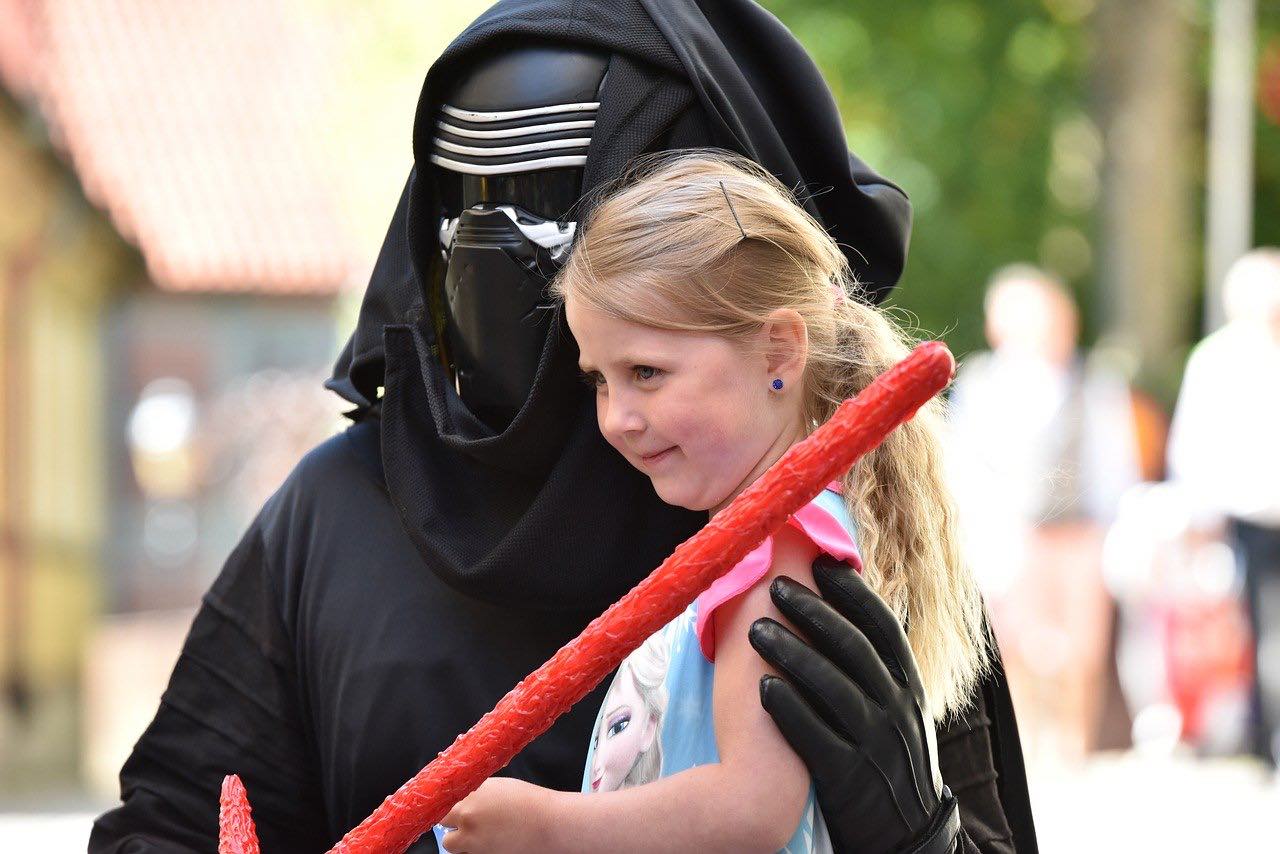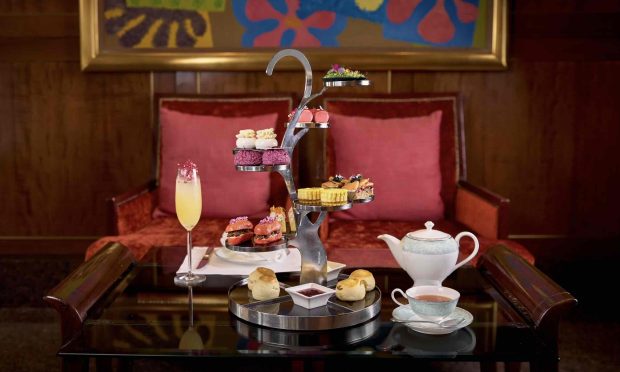Instilling good manners and appropriate social conduct in preschool-aged children is essential because the formative years of childhood lay the foundation for a lifetime of social interactions and behaviours. This early stage of development is a critical period where children are most receptive to learning the values and behaviours that will shape their character.
In your pursuit of raising well-mannered children as a parent, it’s vital to consider a holistic approach. This method combines teachings at home and an educational environment that reinforces these values. A child’s preschool experience, after all, offers structured opportunities to practise and embed the etiquette and manners learned at home.
If you want your child to be mannerly and good-natured, then here are some strategies you may want to give a go:
Lead by Example
Children are astute observers and often mimic the behaviours they see around them. As a parent, you are your child’s first and most influential teacher; hence, showcasing good manners in your daily interactions is essential. Use polite words like “please,” “thank you,” and “excuse me” consistently in your conversations. Show kindness and respect in your interactions with others, whether with family members, friends, or service staff. Your child will naturally emulate these behaviours and consider them as the norm.
Set Clear Expectations
Even at a young age, children must understand what is expected of them regarding behaviour. You should set clear and age-appropriate guidelines about manners and good behaviour. This could involve simple rules around table manners, speaking to adults, and the importance of sharing. For instance, these guidelines can mirror the structured behavioural framework used in esteemed early learning institutions in Singapore, like Kinderland, to ensure consistency in expectations both at home and in an educational setting.
Practise Social Skills
Engaging in activities that hone your child’s social skills can be an effective and enjoyable way to reinforce good manners in your preschooler. Consider setting up scenarios where your child can practise greetings, sharing, and polite conversation. You can also use real-life situations, like playdates or family gatherings, as opportunities to practise these skills. Honing your child’s social skills is important since it can help them confidently build self-esteem and approach peers. For a more structured approach, you might want to see Kinderland’s activities on YouTube, as you can get some ideas there that will help you integrate social skills into your child. Furthermore, observing peers in structured settings can provide your child with relatable examples of social interaction, further supporting the lessons learned at home.
Apply Positive Reinforcement
Positive reinforcement is a powerful tool for encouraging desired behaviours in your child and turning them into beaming, happy preschoolers. When they exhibit good manners, acknowledge it with praise or a small reward. This could be as simple as a verbal affirmation, a “you did great” sticker, or an extra story at bedtime. Celebrate the milestones, like when they remember to say “thank you” without being prompted. Reinforcing good behaviour makes it more likely to be repeated and helps your child understand the value of manners. It’s also essential to provide this reinforcement consistently, ensuring that good manners are continually encouraged and recognized.
Be Consistent in Disciplining Your Child
While positive reinforcement is vital, there will be times when discipline will be necessary. The goal of discipline should be to guide and teach, not to punish. When your child misbehaves, address the behaviour calmly and clearly explain why it’s unacceptable. Offer alternatives, like, “Instead of yelling, what could you say if you need help?” Consistency is crucial; the same behaviour should result in the same response each time. This consistency helps children understand the consequences of their actions and the importance of adhering to their behavioural expectations.
Teach Your Kids Empathy
Empathy is at the heart of good manners. It’s about understanding and respecting the feelings and perspectives of others. Begin by teaching your child to recognize and name their own emotions, then gradually guide them to understand how their actions affect others. Simple questions like, “How do you think your friend felt when you shared your toys?” can be very effective. Storytelling is another powerful tool; stories, where characters navigate social situations, can provide tangible examples for children to learn from. Empathy not only aids in developing manners but also in building meaningful relationships throughout their lives.
Be Patient and Consistent
Patience and consistency are key when teaching manners to preschoolers. Learning social skills and good behaviour is a gradual process that requires time and repeated practice. Acknowledge that each child develops at their own pace and that setbacks are a normal part of learning. Consistently reinforce the rules and expectations you’ve set, and don’t be disheartened if your child doesn’t always remember to say “please” or “thank you.” With your continuous guidance and support, these manners will eventually become a natural part of their behaviour. So, don’t give up!
Create a Respectful Environment
The environment in which a child grows up significantly influences their behaviour and values. Creating a respectful and caring home atmosphere is crucial for teaching manners. This involves how family members interact with each other, resolve conflicts, and express emotions. It is vital to promote open communication within the family, as well as respect each other’s opinions and model kind behaviour. A home where respect is a core value will naturally encourage a child to adopt similar behaviours, laying a solid foundation for good manners and interpersonal skills.
Good Upbringing Begins at Home and Continues in School
While the tips outlined above provide a roadmap for parents in teaching manners at home, it is evident that the role of early education in this endeavour is equally significant. The right preschool can significantly reinforce the values and behaviours you’re instilling in your child. As you explore options for your child’s early education, consider how a school’s ethos and curriculum support character development.
Schools like Kinderland Preschool offer structured environments where children can further practise the etiquette and manners they learn at home. Ultimately, the partnership between home and school is instrumental in nurturing well-rounded, well-mannered children as it equips them with the social skills necessary for a successful future.







